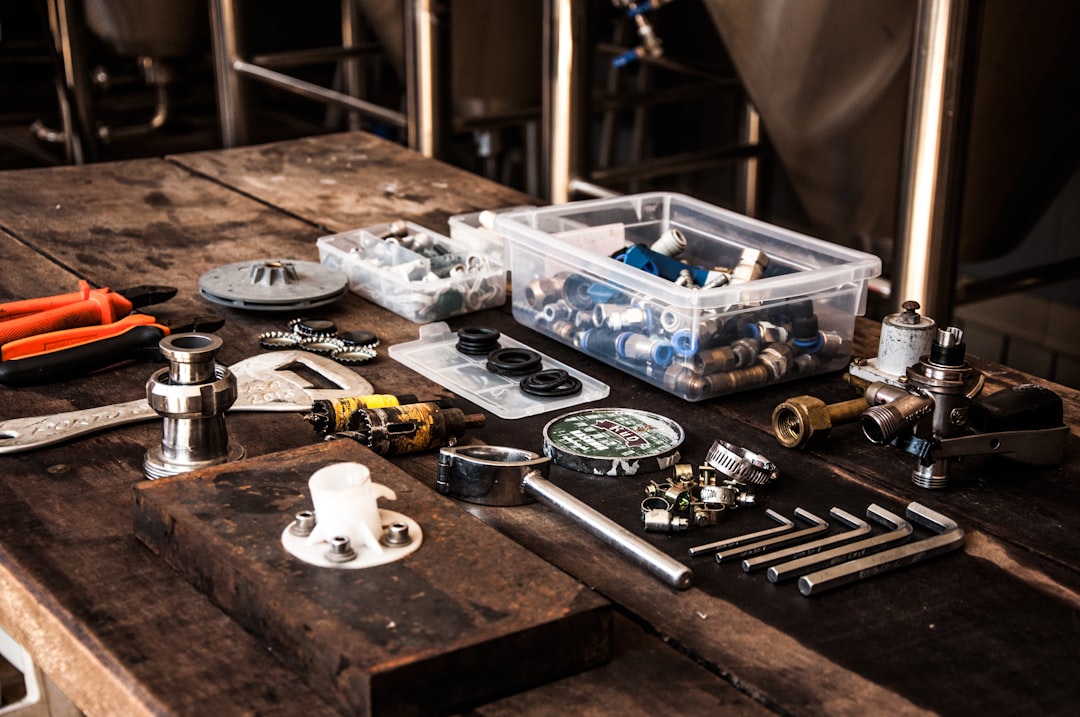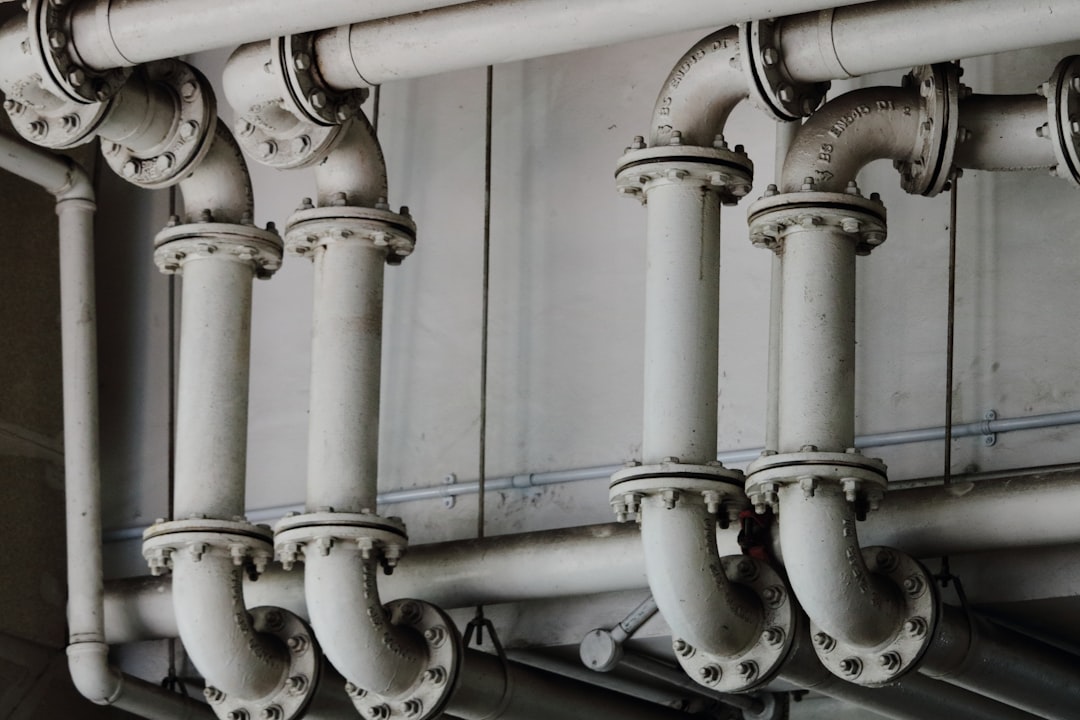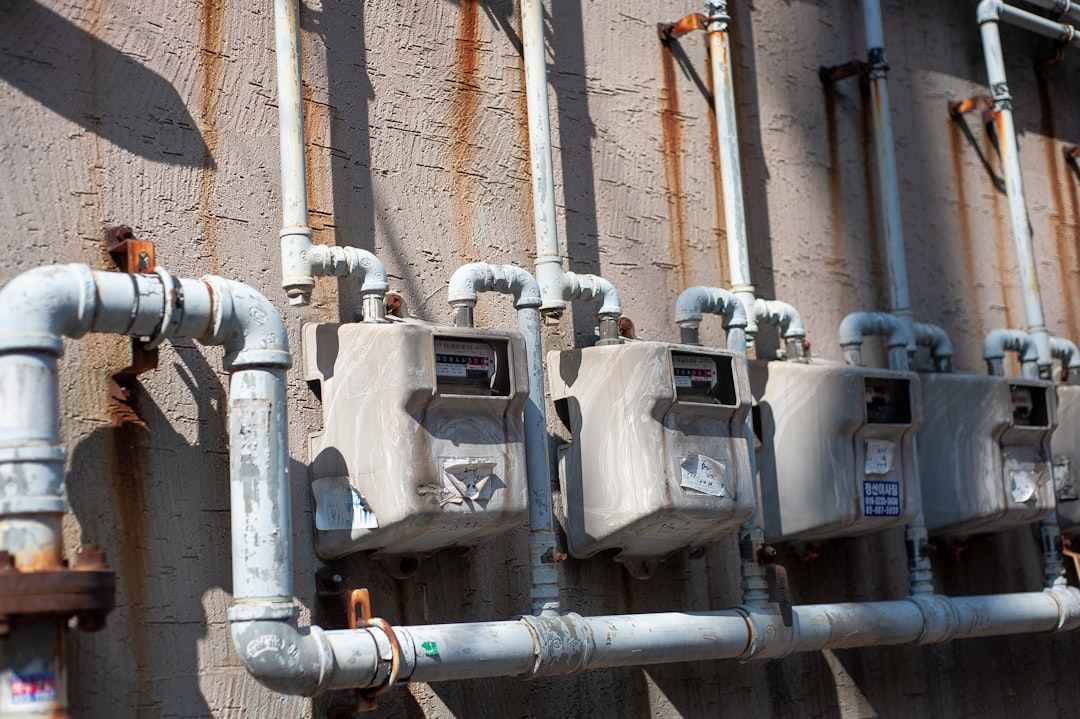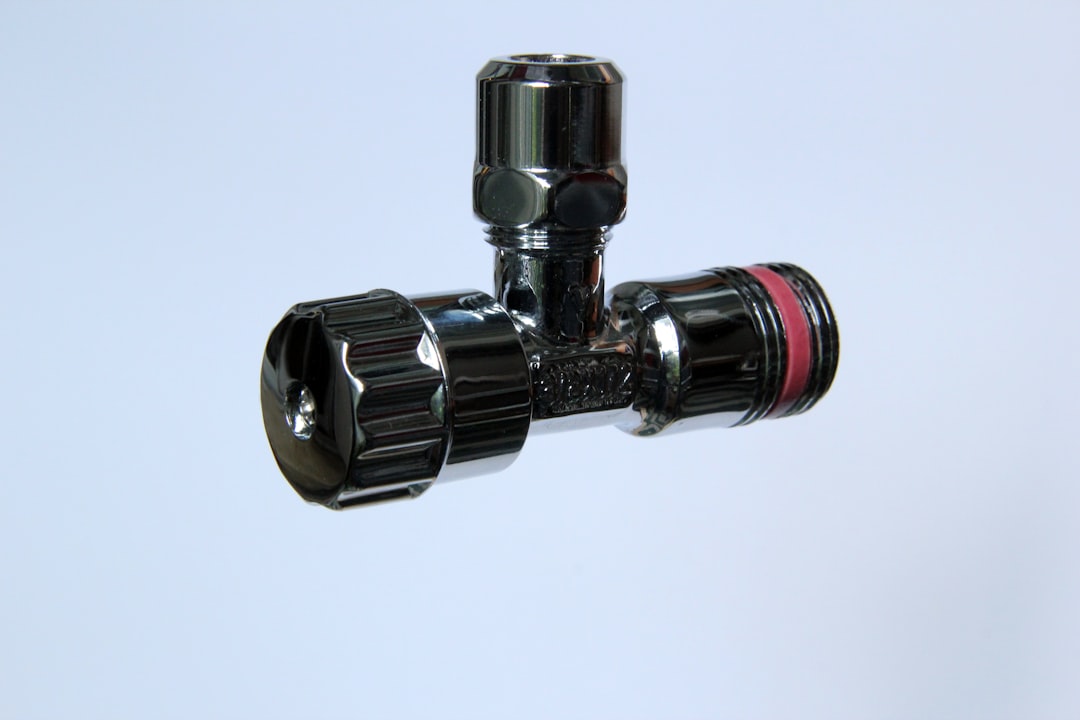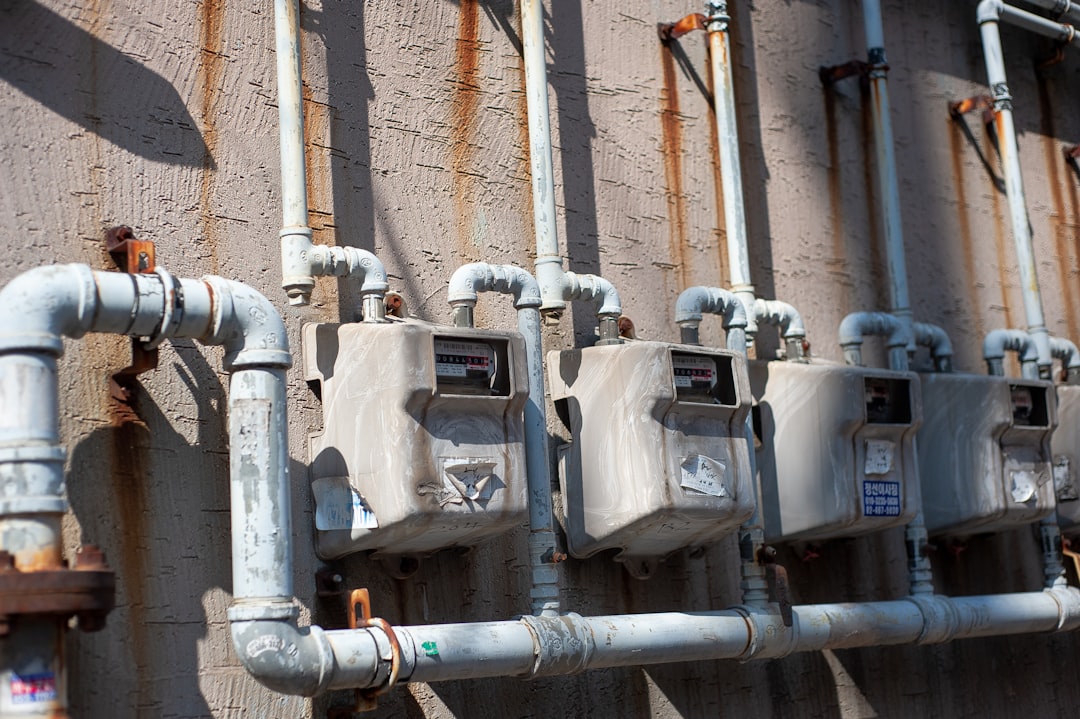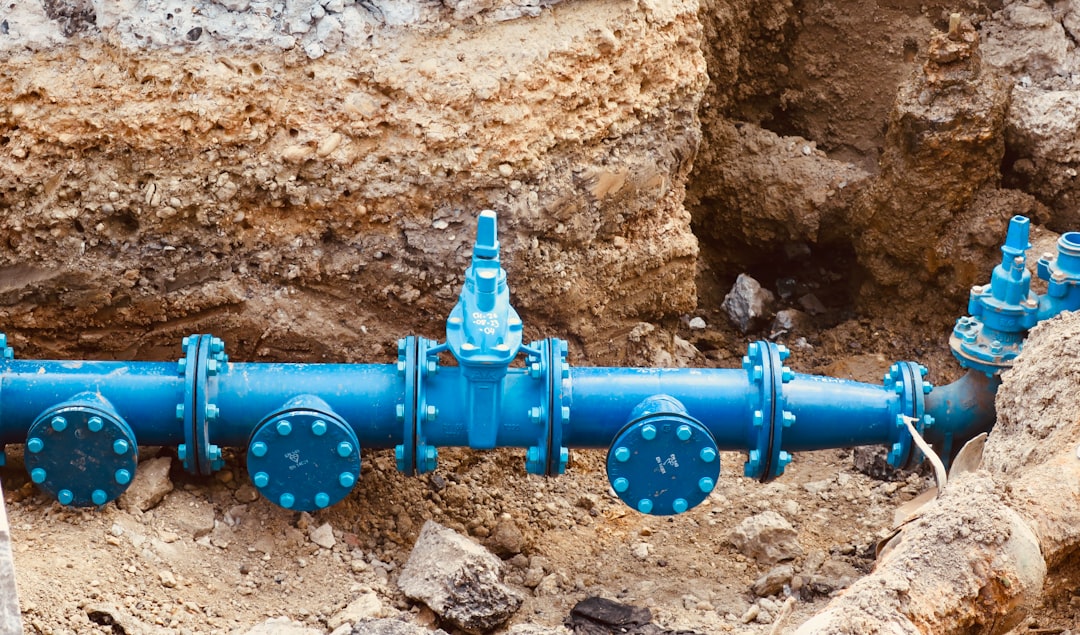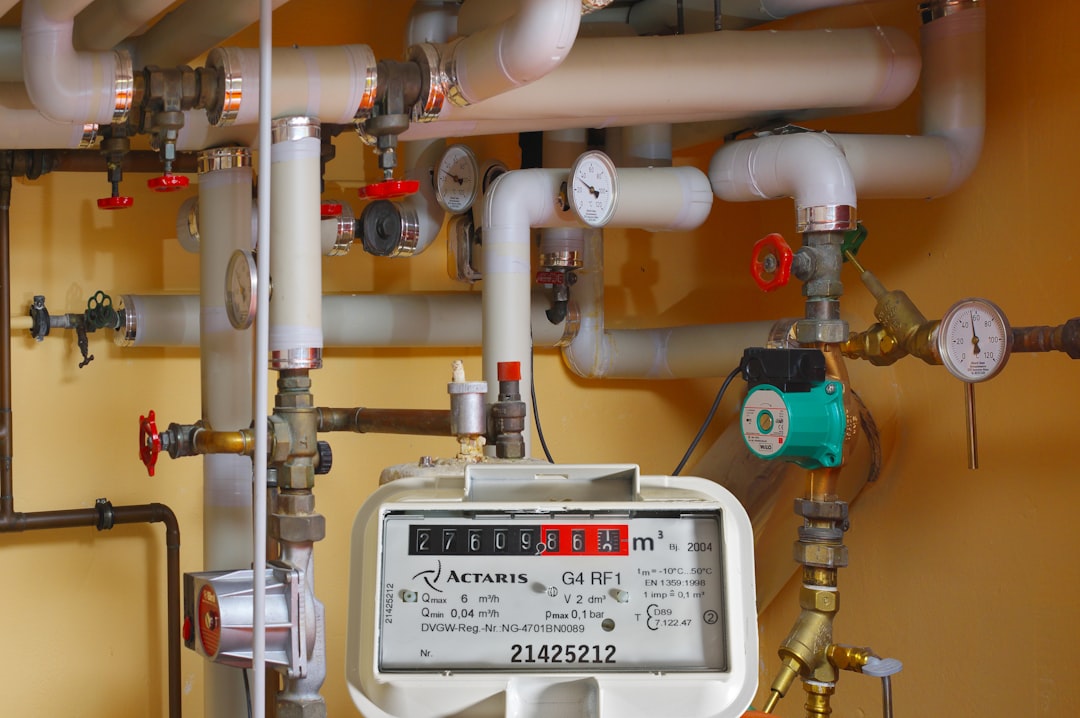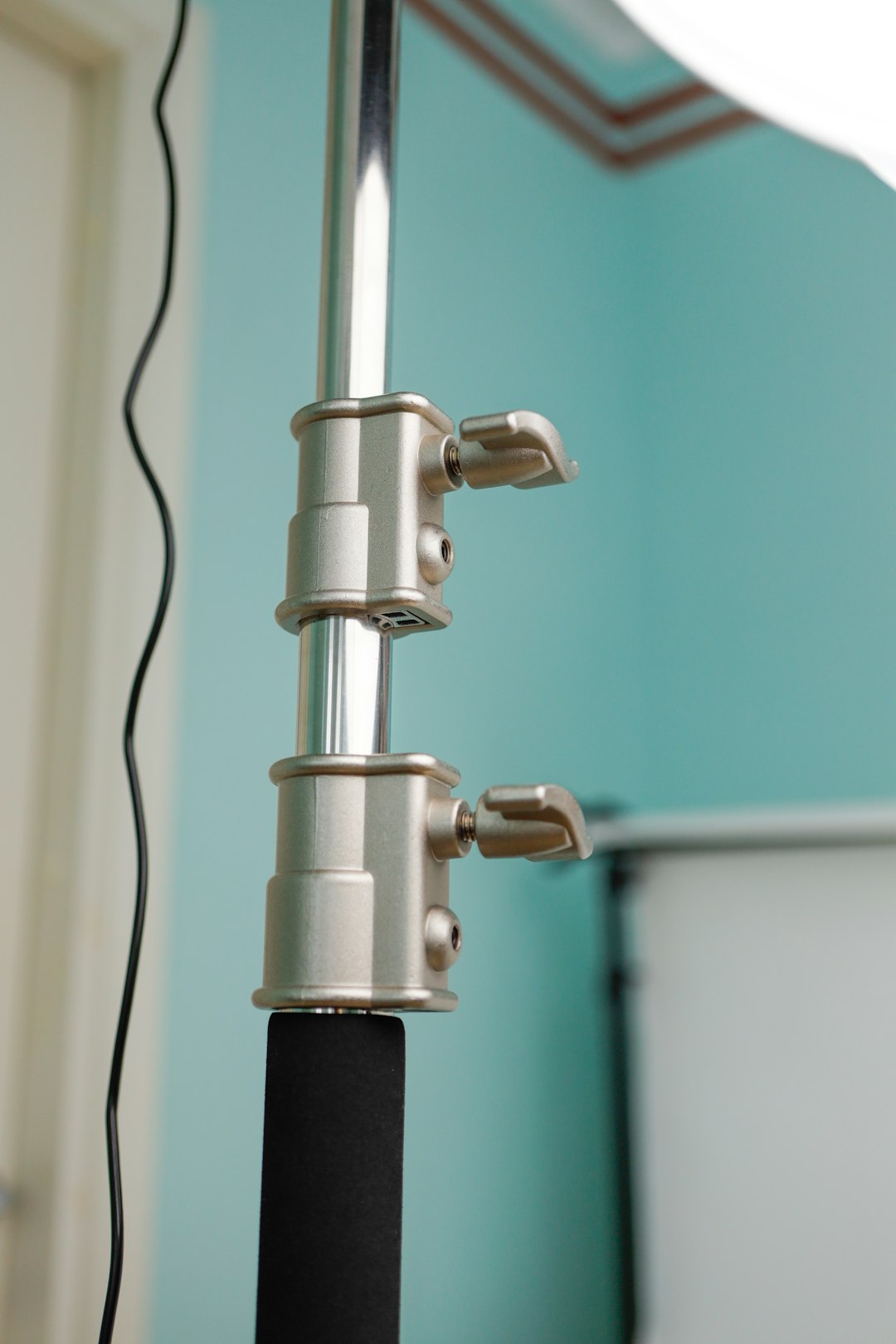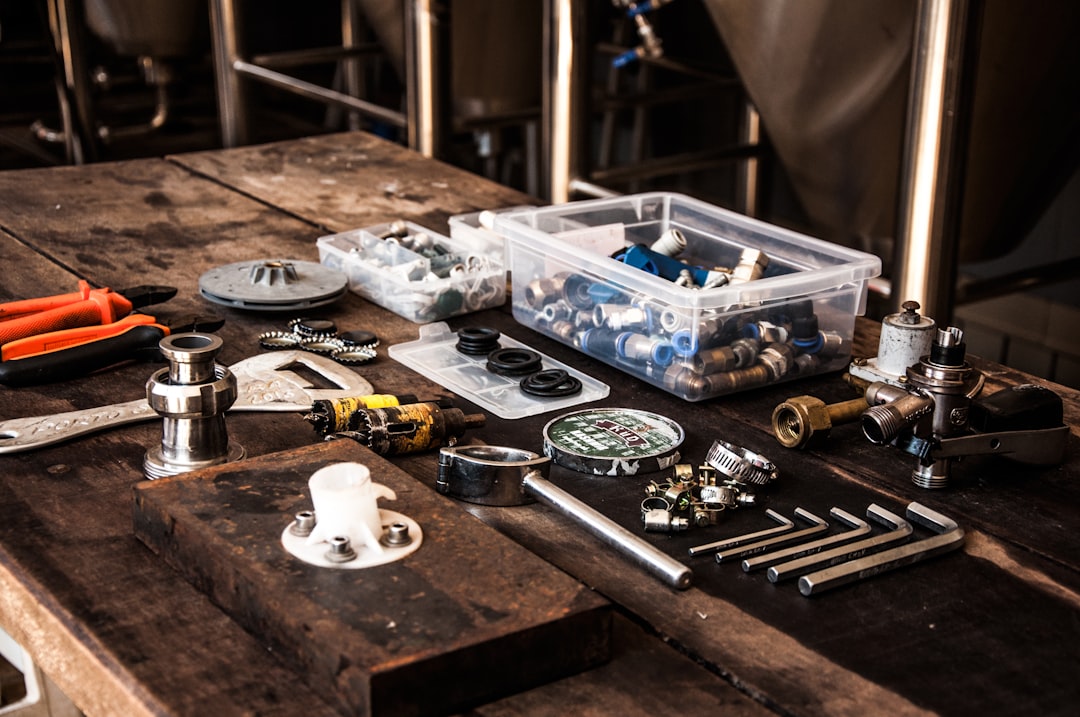Table of Contents
- Introduction
- Unpleasant odors around the septic system area
- Slow drains or backups in plumbing fixtures
- Pooling water or soggy spots in the yard
- Lush vegetation growth above the septic system
- Gurgling sounds in plumbing pipes
- Frequent septic tank pumping requirements
- Septic system alarms going off
- Increased presence of pests or rodents near the septic system
- Conclusion
- Frequently Asked Questions
Introduction
Septic systems are the unsung heroes of modern sanitation, quietly working beneath our homes to treat and dispose of waste. But like any vital system, they can start to show signs of distress before a catastrophic failure occurs. Ignoring these warnings can lead to costly repairs, property damage, and even health hazards for your family.
Have you noticed unusual odors wafting through your yard or persistent puddles in seemingly dry areas? These could be early indicators that your septic system is struggling.
In this article, we will guide you through the warning signs that could save you from an expensive emergency. Being proactive is key; the earlier you identify potential problems, the better chances you have at rectifying them before it’s too late.
Unpleasant odors around the septic system area
Unpleasant odors around the septic system area can be one of the first indicators that something is amiss. If the system is functioning properly, any smells should be minimal. However, when you start to notice a strong or foul odor, it may be a sign that the septic tank is overflowing or leaking.
The cause of these odors can vary, but typically they result from a backup in the system, where sewage or waste material does not flow properly through the pipes. Additionally, if the tanks are not being pumped at regular intervals, the organic material can break down and produce gases that escape into the surrounding soil, leading to unpleasant smells.
Not only do these odors indicate a potential problem, but they can also pose health risks. Sewage gases, like methane and hydrogen sulfide, can be hazardous if inhaled in large amounts. Therefore, it’s crucial to investigate any foul smells coming from the septic system promptly and take appropriate action to avoid more severe issues.
Slow drains or backups in plumbing fixtures
One of the most common signs of a failing septic system is the presence of slow drains or backups in plumbing fixtures. Homeowners often notice that sinks, toilets, and bathtubs are not draining as quickly as they once did. This can be frustrating, as it disrupts daily activities and raises concerns about plumbing health.
Slow drains are usually a signal that there is a problem somewhere in the plumbing system or even deeper within the septic tank. When wastewater cannot flow freely through the pipes due to blockages or other issues, it can lead to backups, which are even more troubling.
Backups can result in unpleasant odors, water pooling around fixtures, and potential health hazards due to the presence of sewage. Additionally, these issues may indicate that the septic tank is full and needs pumping, or there could be a malfunction in the distribution system. Addressing slow drains and backups promptly is crucial to preventing more serious problems down the line.
Pooling water or soggy spots in the yard
Pooling water or soggy spots in the yard can be one of the most noticeable signs of a failing septic system. When the system is functioning properly, wastewater is treated and absorbed into the ground efficiently. However, if the drainage field becomes saturated or clogged, it can lead to water pooling on the surface. This excess water can create muddy areas in your yard, which can be not only unsightly but also unhealthy.
In addition to being a visual indicator, these wet spots can produce foul odors, as the wastewater that is not properly absorbed can rise to the surface. Homeowners may also notice that the grass in these areas appears greener or lusher compared to surrounding areas, due to the excess nutrients from the wastewater. It is essential to monitor your yard regularly for any changes in drainage patterns or the appearance of soggy spots. Addressing these issues promptly can help prevent further damage to the septic system and maintain a healthy environment for your home.
Lush vegetation growth above the septic system
Lush vegetation growth above the septic system can be a significant indicator of problems lurking beneath the surface. When a septic system is functioning properly, the wastewater should be treated and filtered efficiently, preventing excess nutrients from reaching the soil above. However, if you notice an unusually green or thick patch of grass or plants directly over your septic tank or drain field, it could suggest that the system is failing.
This lush growth may result from nutrient-rich effluent leaking into the soil, providing extra food for the plants. Additionally, it can indicate that the system is not adequately draining, leading to a buildup of wastewater and creating an environment for vegetation to thrive.
It’s also essential to consider the time of year; lush growth in the spring and summer is typically normal, but if it appears year-round or grows excessively, it may warrant further investigation. Understanding these signs helps homeowners take proactive measures to maintain their septic systems and prevent costly repairs.
Gurgling sounds in plumbing pipes
Gurgling sounds in plumbing pipes can be an alarming sign, often indicating issues within the septic system. These sounds typically occur when air is trapped in the pipes, disrupting the normal flow of wastewater. This occurs when the drainage system is unable to function properly, which can be attributed to various factors.
One common cause is a blockage in the pipes, whether due to accumulated debris, tree roots, or excess waste. Such blockages can create pressure in the system, leading to the characteristic gurgling noise as water struggles to pass through.
Additionally, gurgling may signal that the septic tank is nearing its capacity. When the tank is full, it can impede proper drainage, forcing air back into the pipes.
Another possibility is venting issues. Plumbing systems are designed with vents that allow air to escape, maintaining proper pressure balance. If these vents are obstructed, gurgling noises may arise as air is forced back through the system.
Therefore, noticing gurgling sounds in your plumbing should prompt an inspection to address potential septic problems promptly.
Frequent septic tank pumping requirements
Frequent septic tank pumping is essential for maintaining the health and functionality of your septic system. Typically, septic tanks should be pumped every 3 to 5 years, though this can vary based on several factors. The size of the tank, the number of people using the system, and the volume of wastewater generated all play a significant role in determining how often pumping is necessary.
For households with a larger number of occupants or those that rely heavily on water-intensive appliances, more frequent pumping may be required. Similarly, if the septic system processes a considerable amount of grease or other non-biodegradable materials, this can lead to quicker buildup and necessitate earlier intervention.
Regular pumping helps to prevent solids from overflowing into the drain field, which can cause serious problems, including system failure and costly repairs. Homeowners should also keep track of pumping records and any maintenance performed on the system to assist in scheduling future services appropriately. Monitoring these requirements ensures a long-lasting and efficient septic system.
Septic system alarms going off
Septic system alarms are crucial components that alert homeowners to potential issues within their systems. When the alarm goes off, it typically indicates a problem, such as an overflow, a failure in the pump, or an issue with the float switch. Listening to this alarm is essential, as it is a warning signal that should not be ignored.
There are several causes behind the activation of a septic alarm. One common reason is that the water level in the septic tank has risen above the normal operating level, often due to excessive water entering the system. This can be a result of plumbing fixtures running continuously or heavy rainfall adding water to the system.
Another reason for an alarm activation could be a malfunctioning pump that is unable to move wastewater as it should. It’s important to address these issues promptly to prevent further damage or costly repairs. Regular maintenance of the septic system can help in recognizing the signs of trouble before the alarm is triggered, ensuring that the system operates efficiently.
Increased presence of pests or rodents near the septic system
One significant indicator of a failing septic system is the increased presence of pests or rodents near the area. When a septic system malfunctions, it can create an environment that attracts various creatures, including insects, rats, and raccoons. These pests are drawn to areas with an abundance of organic waste or moisture, which can occur when a septic tank leaks or the drainage field is saturated.
Rodents, in particular, may burrow into the ground surrounding a compromised septic tank, seeking food sources or a nesting site. Additionally, insects like mosquitoes may thrive in stagnant water that has accumulated due to system failure.
Not only can this result in health hazards, but it can also lead to further damage to the septic system as pests can disrupt the underlying structures. Homeowners should be vigilant for signs of increased pest activity, as this may signal the need for immediate attention to prevent more serious complications and costly repairs.
Conclusion
In conclusion, being aware of the warning signs of a failing septic system is crucial for homeowners. From unpleasant odors and slow drainage to pooling water in the yard and lush vegetation, these indicators can help you identify potential problems before they escalate into costly repairs. It’s essential to remain vigilant and address any concerning signs promptly. Regular maintenance and professional inspections can ensure the longevity and efficiency of your septic system. If you notice any of these warning signs, don’t hesitate to call for assistance. For reliable plumbing support, reach out to 573-555-2121 today and safeguard your home from septic failures. Taking action now can save you from significant headaches in the future.
